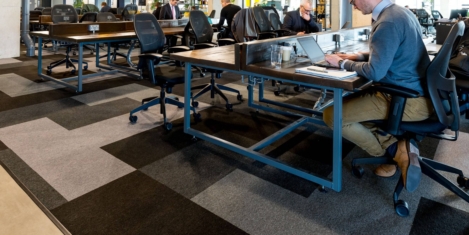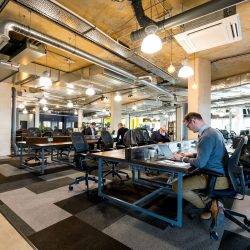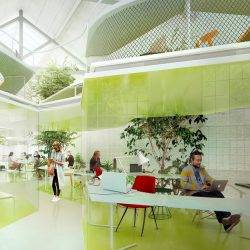July 11, 2018
Challenging some of the most commonly held misconceptions about coworking
 There are a number of misconceptions that dominate much of the writing around flexible workspace, despite all the press coverage and discussion around coworking over the last two years. Yet even in this comparatively short space of time, a number of misconceptions about the market have managed to take hold. Some of them are intuitive but wrong to some or other degree. Some are distorted by coverage. Some arise for other reasons. And we know this thanks to the extensive data gathered in Instant’s latest market report. So here in this piece, I am going to try to shatter some of the myths around flex workspace and coworking in particular.
There are a number of misconceptions that dominate much of the writing around flexible workspace, despite all the press coverage and discussion around coworking over the last two years. Yet even in this comparatively short space of time, a number of misconceptions about the market have managed to take hold. Some of them are intuitive but wrong to some or other degree. Some are distorted by coverage. Some arise for other reasons. And we know this thanks to the extensive data gathered in Instant’s latest market report. So here in this piece, I am going to try to shatter some of the myths around flex workspace and coworking in particular.


































September 13, 2018
You should not expect the coworking bubble to burst anytime soon
by Kathryn O'Callaghan-Mills • Comment, Coworking, Property, Workplace design
(more…)